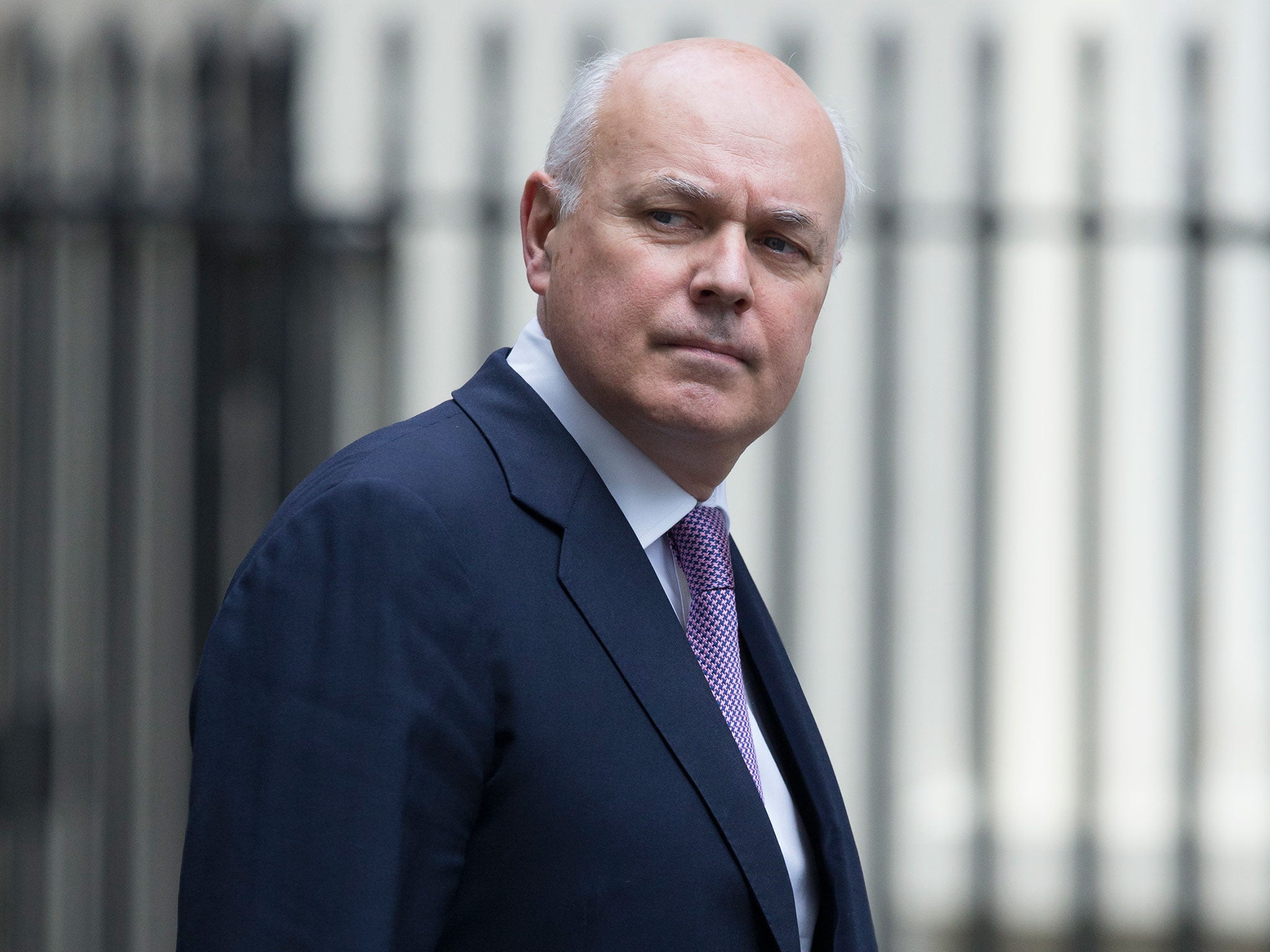“SAGE is Like a Golfer With a One-Club Strategy” – IDS
Sat 10:07 am +01:00, 17 Oct 2020
Former Conservative leader Sir Iain Duncan Smith MP has penned a withering attack on SAGE in the Telegraph, targeting its catastrophically one-dimensional handling of the pandemic.
In the midst of this sits the Scientific Advisory Group for Emergencies (Sage). The normal run of affairs is that advisors advise and ministers decide. Yet with Sage it is different. Though it is a public body, it is one which the like of I have never previously come across.
So much of the advice influencing policy that has changed our lives and livelihoods has come has come from this opaque organisation, which operates behind closed doors and whose members were only officially identified in May after a very public clamour for transparency.
Appointments to it of an estimated 100 scientists and academics appear to be made by the Chief Scientific Officer [Patrick Vallance] and the Chief Medical Officer [Chris Whitty] alone. And yet its “advice” has taken on the character of commandments written on tablets of stone – despite the fact that many of its recommendations are hotly disputed by other reputable scientists with relevant expertise. Meanwhile, when the government does not follow its advice exactly, it immediately publishes its minutes, in what appears to be a nakedly political act.
The search for a way to control the virus without severely damaging the economy and causing life-threatening delays to other vital health treatments is an entirely legitimate one. But – as one scientist put it to me – Sage has fallen prey to a form of groupthink that focuses exclusively on a drive to push down the infection rate to the exclusion of all else.
The problem is that if this one aim becomes the only thing that is discussed and advised on by Sage, we end up like a golfer with a one-club strategy – lockdown.
So, while it was gratifying to see the Prime Minister this week break ranks with the scientific technocracy over what Sage euphemistically calls a “national circuit breaker”, however with London and other places now entering Tier 2 restrictions, the risk is that it could come to be seen as a national lockdown by stealth.
Why, he asks, has more not been done to promote effective treatments, such as rolling out pre-emptive antivirals as part of protecting high-risk groups?
With the average age of death from Covid-19 standing at 82, and fewer than 4% of those who have died of the virus having no known comorbidities, such a policy of prescribing antivirals to members of vulnerable groups would reduce both admissions and deaths. Such a move now could help prevent the need to lock down the economy.
Importantly, in 2012 the Government did this very thing by massively widening the prescription of antivirals in the community to combat the risk of flu.
Worth reading in full.
Stop Press: Antiviral drug remdesivir has been found to have “little or no effect” on the chances of survival of hospitalised COVID-19 patients, according to a WHO clinical trial – although the authors allow it may still work early on or as a prophylactic. According to the Swiss Doctor, the treatments with the best current evidence base are: for prophylaxis and early treatment – Zinc, Quercetin, Bromhexine, Vitamins C & D, and Aspirin (early treatment only); for ancillary treatment – Hydroxychloroquine, High-dose vitamin D, Azithromycin and LMW heparin.
By
https://lockdownsceptics.org/










